The world of polar exploration has always captivated the human imagination, drawing adventurers into its frozen embrace with promises of uncharted territories and untold stories. From the early days of Shackleton and Amundsen to modern-day scientists braving the harshest climates on Earth, the allure of the Arctic and Antarctic remains as strong as ever. These regions, though inhospitable, hold secrets about our planet's past and future that are impossible to ignore.
The Legacy of the Great Explorers
Polar exploration is steeped in history, with names like Roald Amundsen and Robert Falcon Scott forever etched into its icy landscapes. Amundsen's successful conquest of the South Pole in 1911 marked a turning point in human achievement, proving that even the most formidable environments could be tamed by sheer determination. Scott's tragic end, on the other hand, serves as a somber reminder of nature's unforgiving power. These early expeditions were not just about planting flags; they were about pushing the boundaries of human endurance and expanding our understanding of the world.
Today, their legacy lives on in the scientists and explorers who continue to venture into these frozen frontiers. Modern expeditions are equipped with advanced technology, but the fundamental challenges remain the same: extreme cold, isolation, and the constant threat of unpredictable weather. What has changed, however, is the purpose behind these journeys. While early explorers sought glory and territorial claims, today's missions are driven by science and the urgent need to understand climate change.
The Science of Survival in Extreme Conditions
Surviving in polar regions requires more than just physical strength; it demands meticulous planning and an intimate knowledge of the environment. Temperatures can plummet to -60°C (-76°F), and blizzards can reduce visibility to zero within minutes. Expeditions must account for every possible scenario, from equipment failure to medical emergencies. Unlike in the past, when explorers relied on rudimentary gear, modern teams use specialized clothing, satellite communication, and even drones to navigate and monitor conditions.
One of the most critical aspects of polar exploration is nutrition. The human body burns calories at an astonishing rate in extreme cold, and maintaining energy levels is crucial. Early explorers often suffered from malnutrition, but today's teams have access to high-calorie, nutrient-dense foods designed to sustain them through long periods of exertion. Hydration is another challenge, as melting snow for water consumes valuable fuel and time. Every decision, from meal planning to route selection, can mean the difference between success and disaster.
Climate Change and the Shifting Polar Landscape
Perhaps the most pressing reason for continued polar exploration is the study of climate change. The Arctic and Antarctic are warming at rates far exceeding the global average, with devastating consequences for ice sheets, wildlife, and ocean currents. Scientists stationed in these regions collect data that is critical to understanding how our planet is changing. Ice cores drilled from glaciers reveal centuries of climate history, while satellite imagery tracks the alarming retreat of sea ice.
These changes are not just academic concerns; they have real-world implications for coastal communities and global weather patterns. Rising sea levels, more frequent extreme weather events, and disruptions to marine ecosystems are all linked to the warming poles. Explorers and researchers working in these areas are on the front lines of climate science, providing the evidence needed to drive policy changes and mitigation efforts.
The Future of Polar Exploration
As technology advances, so too does the potential for new discoveries in the polar regions. Autonomous vehicles can now reach areas too dangerous for humans, while improved imaging techniques allow scientists to study ice formations in unprecedented detail. There is also growing interest in the potential for sustainable tourism in these fragile ecosystems, though this comes with its own set of ethical and environmental challenges.
What remains unchanged is the spirit of adventure that defines polar exploration. Whether it's a solo trek across the Antarctic plateau or a multinational research mission, the drive to explore and understand these remote regions continues to inspire. The poles may be harsh and unforgiving, but they are also places of breathtaking beauty and profound significance. As long as there are mysteries to unravel and challenges to overcome, humans will continue to answer the call of the ice.
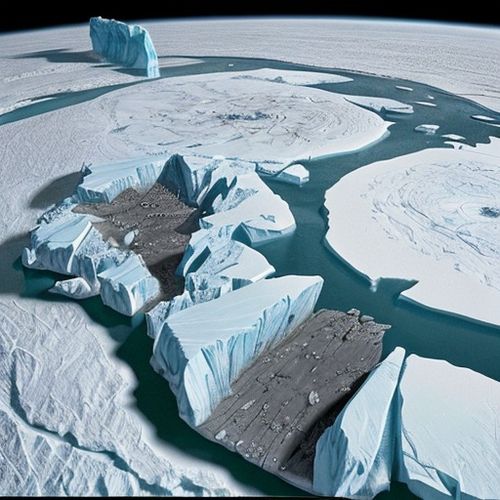
By Emily Johnson/May 8, 2025
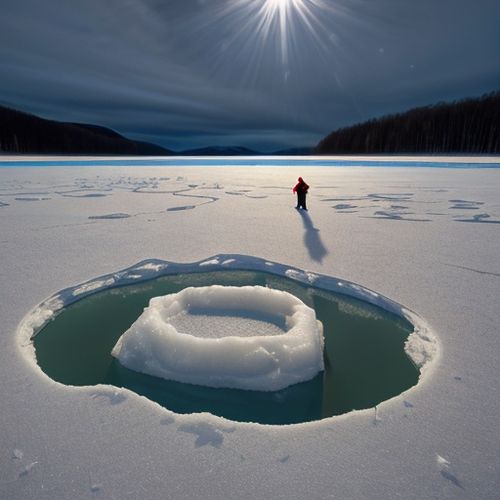
By Natalie Campbell/May 8, 2025

By Olivia Reed/May 8, 2025
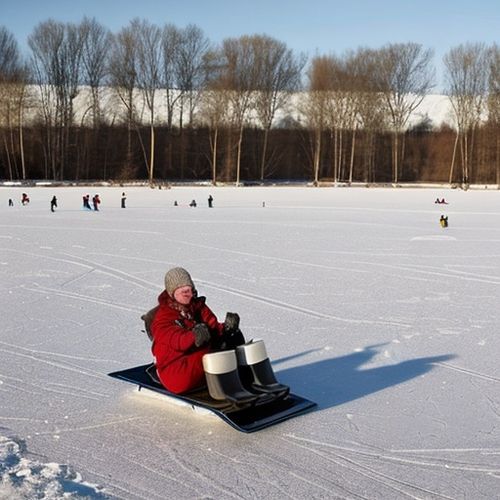
By Lily Simpson/May 8, 2025
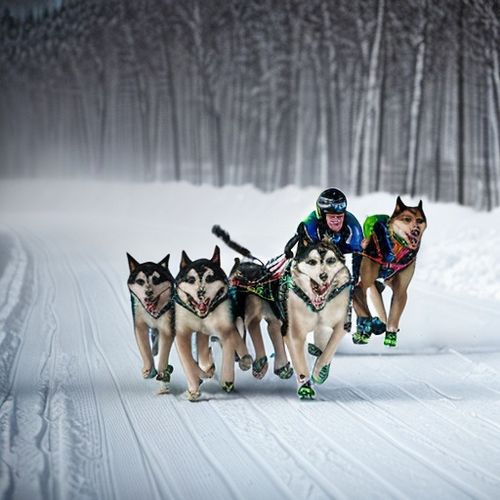
By Olivia Reed/May 8, 2025

By Thomas Roberts/May 8, 2025

By Daniel Scott/May 8, 2025

By George Bailey/May 8, 2025

By David Anderson/May 8, 2025

By Amanda Phillips/May 8, 2025

By Rebecca Stewart/May 8, 2025

By Christopher Harris/May 8, 2025

By Emily Johnson/May 8, 2025

By Christopher Harris/May 8, 2025
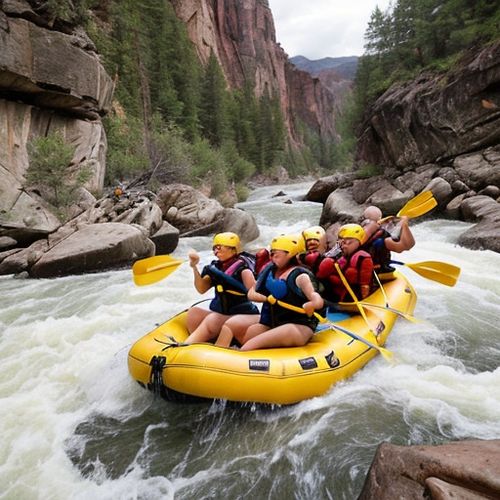
By Thomas Roberts/May 8, 2025

By Rebecca Stewart/May 8, 2025

By Noah Bell/May 8, 2025

By Lily Simpson/May 8, 2025

By Megan Clark/May 8, 2025
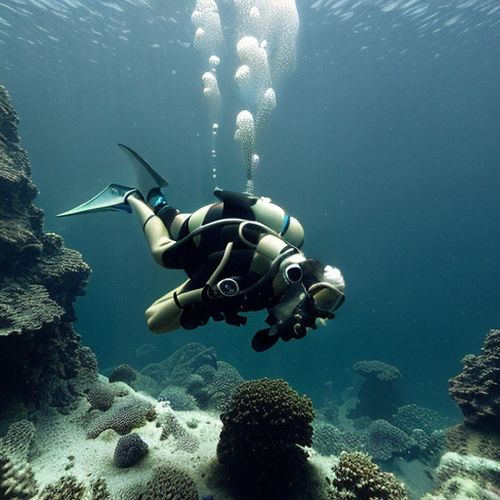
By Megan Clark/May 8, 2025